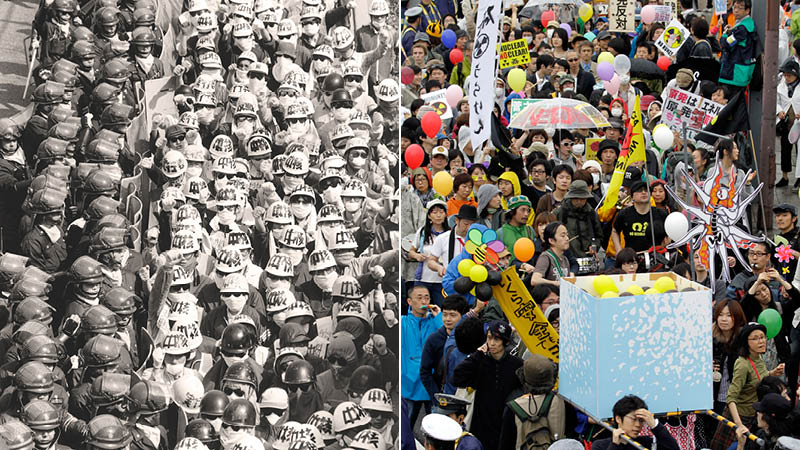"Freedom of assembly and association as well as speech, press and all other forms of expression are guaranteed."
— Article 21, Constitution of Japan
"I say, break the law. Let your life be a counter friction to stop the machine."
— Henry David Thoreau, "Civil Disobedience"
On Dec. 10, the controversial state secrets law went into effect. Supported by Prime Minister Shinzo Abe, his right-wing Cabinet, large sections of the bureaucracy (especially the Foreign and Defense ministries), the Japan Business Federation (Nippon Keidanren) and the police, and praised by a U.S. government furious at WikiLeaks and the revelations of Edward Snowden, the new law was condemned by virtually everyone else as one of the most serious threats to Japanese democracy in decades. Up to 80 percent of the public opposed the law, according to media polls in November and December last year.



